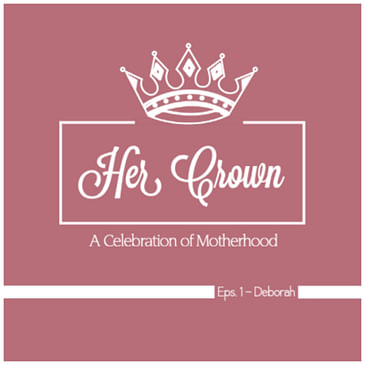Her Crown is a limited audio series that shares candid, open, and honest stories of motherhood from 12 women of diverse backgrounds. You will hear stories of triumph, humor, grief, and resilience. Produced by - Erica Scott and Kimberly Gonzales.
Production Services and Show Development
--- Send in a voice message: https://anchor.fm/her-crown/message
